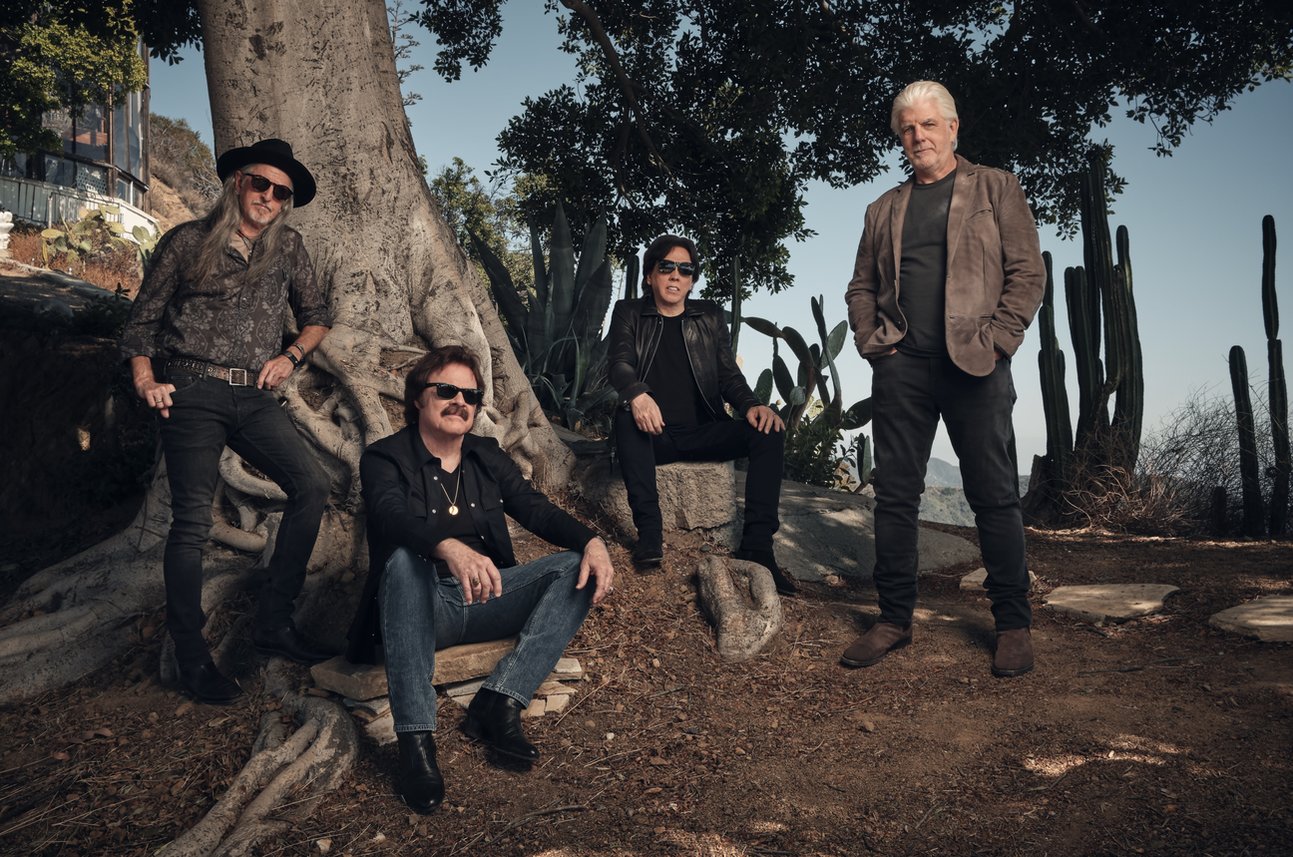
(CelebrityAccess MediaWire) — Stanley Gortikov, a former head of Capitol Records who served as president of the Recording Industry Association of America during a time when record companies, responding to outside pressure, agreed to print warning labels on rock albums containing explicit or suggestive lyrics, has died, reports Dennis McLellan of the Los Angeles Times.
He was 85. Gortikov, who died of natural causes Thursday at his home in Los Angeles, served as president of the Recording Industry Association of America, the music industry's main trade organization, from 1972 to 1987.
In 1985, he and his organization were forced to respond to the concerns of the Parents Music Resource Center, a group spearheaded by Tipper Gore (wife of then-Sen. Al Gore), Sandy Baker (wife of then-Treasury Secretary James Baker) and other well-connected Washington wives and mothers.
The parents' group was requesting that albums with questionable lyrics be rated and marked and those with offensive lyrics or graphics not be displayed. They also asked that music videos showing graphic sex or violence not be released.
Their concerns touched off a national debate. Artists and record companies protested that the parents group's requests were akin to censorship. The group's efforts also spurred the Senate subcommittee on Communications, chaired by Barry Goldwater, R-Ariz., to hold hearings on the subject of song lyrics.
As RIAA president, Gortikov issued a 10-page response to the parents' group's concerns, in which he rejected most of their objectives as being either unworkable, unfair to the music industry or being contrary to the rights of freedom of expression and free enterprise.
Instead of condemning the music industry, Gortikov argued, the parents should applaud the overwhelming majority of songs that promote positive values.
For years, he wrote in his letter, song writers from Cole Porter to the Beatles have been subjected to complaints about their lyrics.
"In short, history is telling us it would be unrealistic for us to expect to attain any level of `purity' that can satisfy all those who choose to critique music," he wrote.
Gortikov complained that the parents' group was unfairly singling out the recorded music industry, ignoring "powerful forces impacting the environment of those same children," such as television, movies, radio, billboards, magazine advertisements, books and observable personal behavior.
Gortikov rejected as impractical a movie-style ratings system for the record industry, which released 25,000 albums a year. But, after consulting with the heads of the major record labels, they were willing to take the unprecedented step of printing warning labels on the jackets of records containing explicit or potentially objectionable lyrics.
In November 1985, 22 recording companies — producers of 80 percent of the nation's recorded music — came to what Gortikov called a "mutually acceptable agreement" that would enable parents to identify music that glorifies sex, violence and drugs: They agreed to either print the phrase "Explicit Lyrics — Parental Advisory" on the back cover of an album or print the lyrics on the back cover.
In 1986, the RIAA moved from New York to Washington as part of a plan to bolster the industry's clout. It also announced that it was hiring a "prestigious political specialist" to run the organization. Gortikov remained with RIAA as board chairman until 1988.
During his time as president of the RIAA, Gortikov spearheaded efforts to promote blacks into executive positions within the recording industry. He also was a member of the board of directors of the Black Music Association.




















![[.WATCH.]full— Monkey Man (2024) FullMovie Online On Streamings [.WATCH.]full— Monkey Man (2024) FullMovie Online On Streamings](https://dev.celebrityaccess.net/wp-content/uploads/2023/09/bob-dylan.jpeg)
![[.WATCH.] Bob Marley: One Love (FullMovie!) Free Online On Streamings [.WATCH.] Bob Marley: One Love (FullMovie!) Free Online On Streamings](https://dev.celebrityaccess.net/wp-content/uploads/2022/08/paulandpaul2022.jpg)



